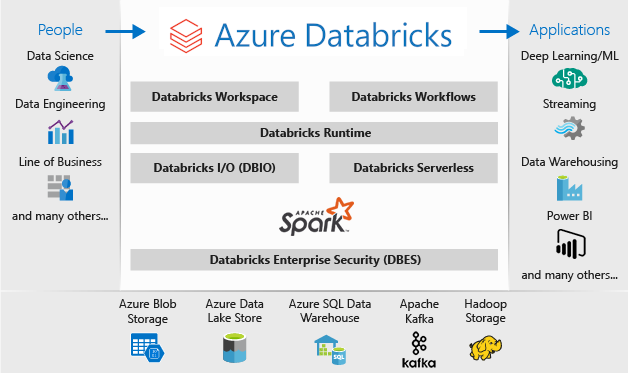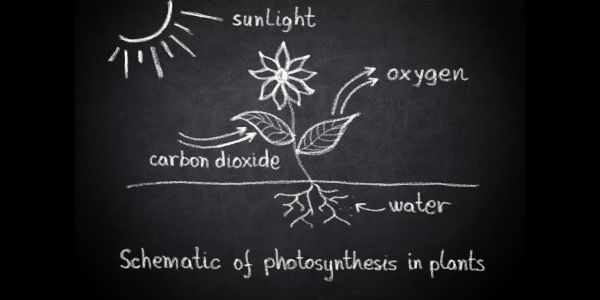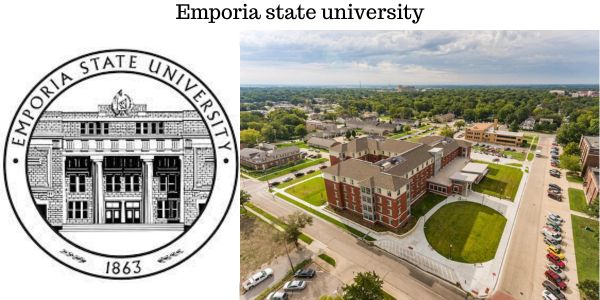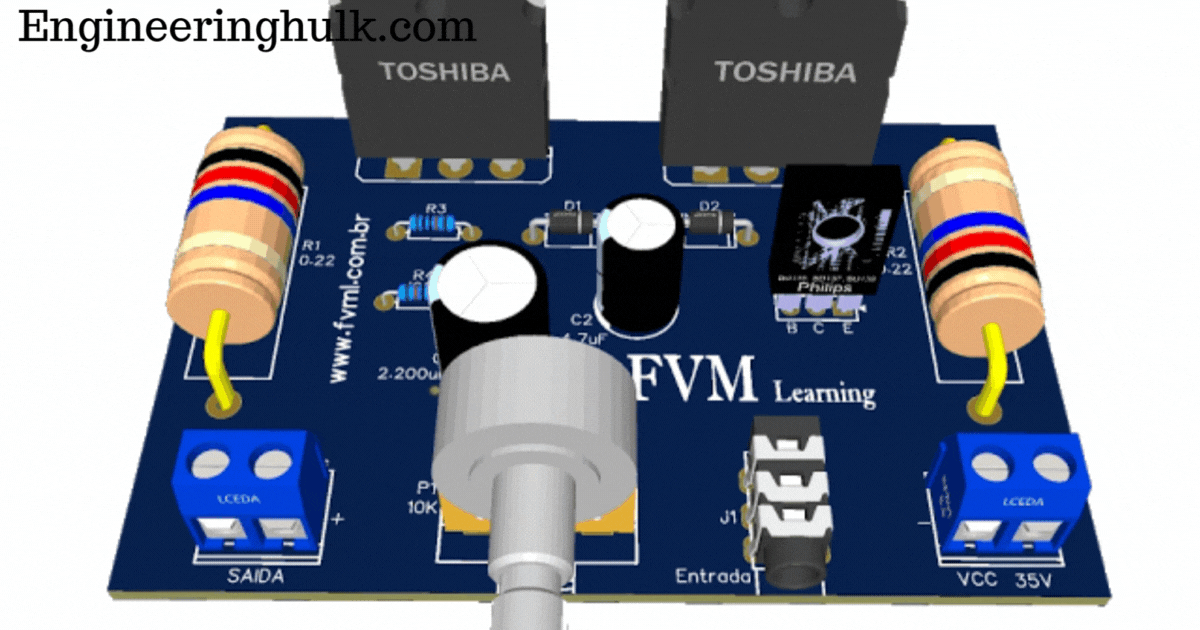Table of Contents
layers of atmosphere
The atmosphere is the thin layer of gas that surrounds our planet, and it is made up of five distinct layers. Each layer has unique characteristics that play a vital role in our daily lives. In this article, we will explore the layers of the atmosphere in an active voice, providing you with the information you need to understand how the atmosphere works.
The Troposphere
The troposphere is the layer of the atmosphere closest to the Earth’s surface, extending from the surface up to about 8-15 kilometers. It is where all weather phenomena take place, including the formation of clouds, precipitation, and thunderstorms. The air in the troposphere is the densest of all the layers and contains 75% of the atmosphere’s total mass. The temperature in this layer decreases as altitude increases.
The Stratosphere
The stratosphere is the second layer of the atmosphere, extending from about 15-50 kilometers above the Earth’s surface. It is home to the ozone layer, which helps protect the Earth from harmful ultraviolet (UV) radiation from the sun. The temperature in this layer increases as altitude increases, unlike in the troposphere.
The Mesosphere
The mesosphere is the third layer of the atmosphere, extending from about 50-85 kilometers above the Earth’s surface. It is the coldest layer of the atmosphere and the place where most meteoroids burn up upon entering the Earth’s atmosphere. The temperature in this layer decreases as altitude increases, just like in the troposphere.
The Thermosphere
The thermosphere is the fourth layer of the atmosphere, extending from about 85-600 kilometers above the Earth’s surface. It is the hottest layer of the atmosphere, with temperatures reaching as high as 2,000°C due to the absorption of solar radiation. This layer is also where auroras occur, as charged particles from the sun collide with the Earth’s magnetic field.
The Exosphere
The exosphere is the outermost layer of the atmosphere, extending from about 600 kilometers to thousands of kilometers above the Earth’s surface. This layer is where satellites orbit the Earth and where the atmosphere gradually merges into space. The air density in this layer is so low that molecules rarely collide, and the temperature can reach thousands of degrees Celsius due to the sun’s radiation.
The atmosphere is made up of five layers, each with unique characteristics that are vital to our daily lives. From the troposphere, where weather phenomena take place, to the exosphere, where satellites orbit the Earth, understanding the layers of the atmosphere is crucial to understanding how our planet works. By learning about these layers and their functions, we can better appreciate the complexity of the world around us.
5 layers of the atmosphere
The Troposphere
The Stratosphere
The Mesosphere
The Thermosphere
The Exosphere
Which layer of the atmosphere is rich in ozone?
The layer of the atmosphere that is rich in ozone is called the stratosphere. Specifically, there is a region within the stratosphere called the “ozone layer,” which is located approximately 10 to 50 kilometers (6 to 30 miles) above the Earth’s surface.
The ozone layer contains a high concentration of ozone molecules, which are formed when oxygen molecules (O2) are broken apart by ultraviolet (UV) radiation from the Sun and then recombine with other oxygen molecules. The ozone layer is important for protecting life on Earth from the harmful effects of UV radiation, which can cause skin cancer and other health problems in humans and animals, as well as damage crops and other plants.
The lowest layer of the atmosphere
The lowest layer of the atmosphere is called the troposphere. It is the layer closest to the Earth’s surface and extends up to an altitude of about 8 to 16 kilometers (5 to 10 miles) above the surface at the poles and up to 18 kilometers (11 miles) at the equator.
In the troposphere, temperature decreases with height, and most of the weather we experience occurs in this layer. The air in this layer is also rich in oxygen, nitrogen, and other gases that we breathe. The troposphere is an important layer for life on Earth, as it contains the air we need to survive and shields us from harmful radiation from the sun.
The coldest layer of the atmosphere
The coldest layer of the atmosphere is the mesosphere. It is located above the stratosphere and extends from about 50 kilometers (31 miles) to about 85 kilometers (53 miles) above the Earth’s surface. The mesosphere is the layer where the temperature decreases with increasing altitude, reaching a minimum of around -90 degrees Celsius (-130 degrees Fahrenheit) at its upper boundary.
This is because the mesosphere is the layer where the air is the least dense, and thus, it cannot retain heat very well. The mesosphere is also the layer where most meteors burn up when they enter the Earth’s atmosphere.
Also, read MCB full form































